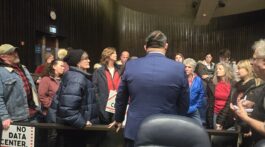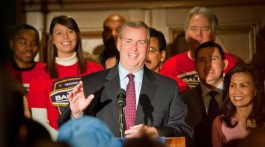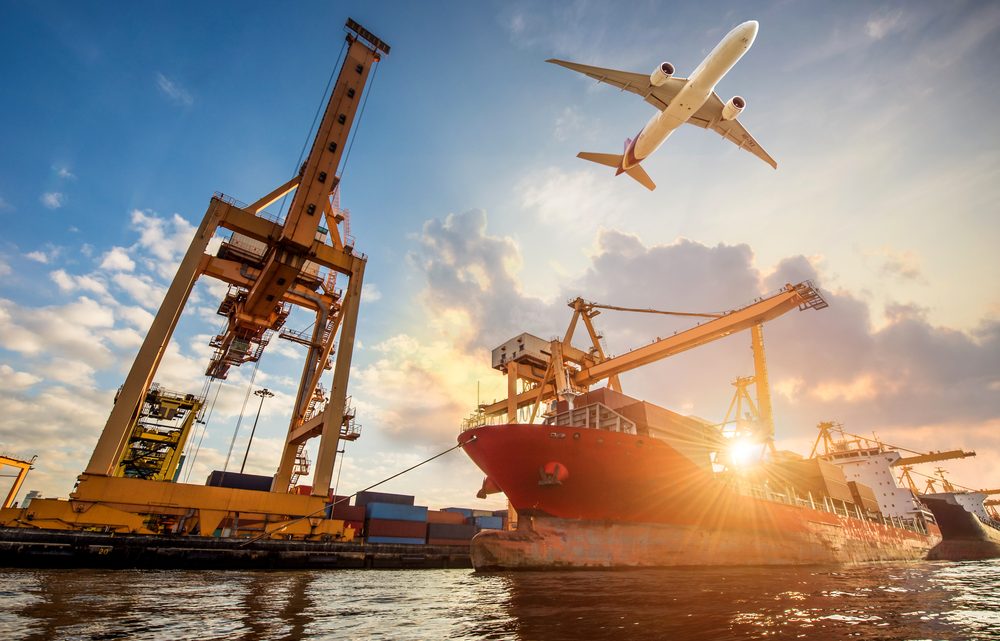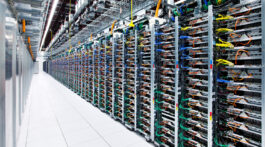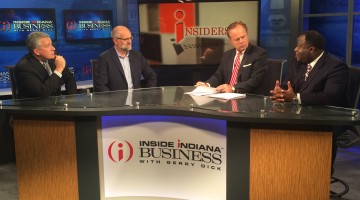by Abdul-Hakim Shabazz, Esq.
Donald Trump wants to raise your taxes.
Let me say that again, Republican President Donald Trump wants to raise your taxes. It might seem hard to believe, especially since Trump has been touting the GOP’s most recent tax cut. However, by placing tariffs on steel and aluminum imports, the President is hitting the American people with a tax increase.
For those of you who need a quick lesson in basic economics, a tariff is defined as “a tax or duty to be paid on a particular class of imports or exports.” Usually, tariffs are put in place when a country is trying to protect an industry or retaliate against what it believes is unfair treatment by its competitors. The President thinks that the American steel and aluminum industries are taking it on the chin from foreign competition and so he wants to place a 25 percent tariff on steel imports and a 10 percent tariff on aluminum imports.
This is wrong because by placing a tariff on steel and aluminum the President is slapping a tax on consumers because a tariff would only increase the prices for goods that use steel and aluminum. And guess what? That’s quite a bit. Manufacturing, construction, and not to mention the beer and pop industries. Tariffs will only increase the costs of those goods and a lot of other products which use steel and aluminum as raw materials.
Let’s look at this another way. As a free-market conservative, I don’t believe in government-mandated increases in the minimum wage. If you mandate an increase in the minimum wage, assuming the employer won’t be raising any new money, you give an employer three options, cut salaries, fire an employee or raise prices. The same thing happens with tariffs. When you slap a tariff on a product, the company that’s bringing that product into the country will have to do something to cover the costs of the increased fees, and usually, that means passing it along to the consumer.
So when Donald Trump imposes that tariff on steel, he’s not only increasing the costs of anything that will be associated with that steel, says construction or automobiles, but there’s the collateral impact as well. A more expensive vehicle may not sell as quickly as a cheaper one. Or the architect who designs your building has to take into account more costly materials, and you may not get the design you want.
And here’s something else to ponder.
If the United States imposes these tariffs worldwide, then expect other countries to do the same. There’s already talk of imposing tariffs on motorcycles, blue jeans, and bourbon. By the way, those items are made in Wisconsin and Kentucky where House Speaker Paul Ryan and Senate Majority Leader Mitch McConnell are from. And as I sit and write this column, a news flash just came across my screen that the European Union is looking at tariffs on peanut butter, cranberries, and orange juice. These might seem small, but most wars start over trivial matters and before they escalate into a full-blown confrontation; trade wars are no different.
And just think about what that means for Indiana, which is a major exporter of agricultural products. I’m sure the farmers in rural Indiana are looking forward to tariffs being put on their products and make them less competitive with their overseas counterparts. Nothing good comes increasing tariffs. It’s protectionism, which I as a free-market conservative find morally offensive.
And please, don’t tell me how tariffs will help protect and bring back those jobs that went overseas. I hate to be the bearer of bad news, but automation has eliminated more jobs than to “bad trade” deals. We produce a lot more stuff with a lot fewer people. That’s just a fact.
But you know, as I think about it, it’s a good thing we all got that Trump GOP tax cut, because we’re going to need it to pay for the President’s increase in taxes, uh I mean, tariffs.
Abdul-Hakim is the editor and publisher of IndyPolitics.Org. His opinions are his own.




